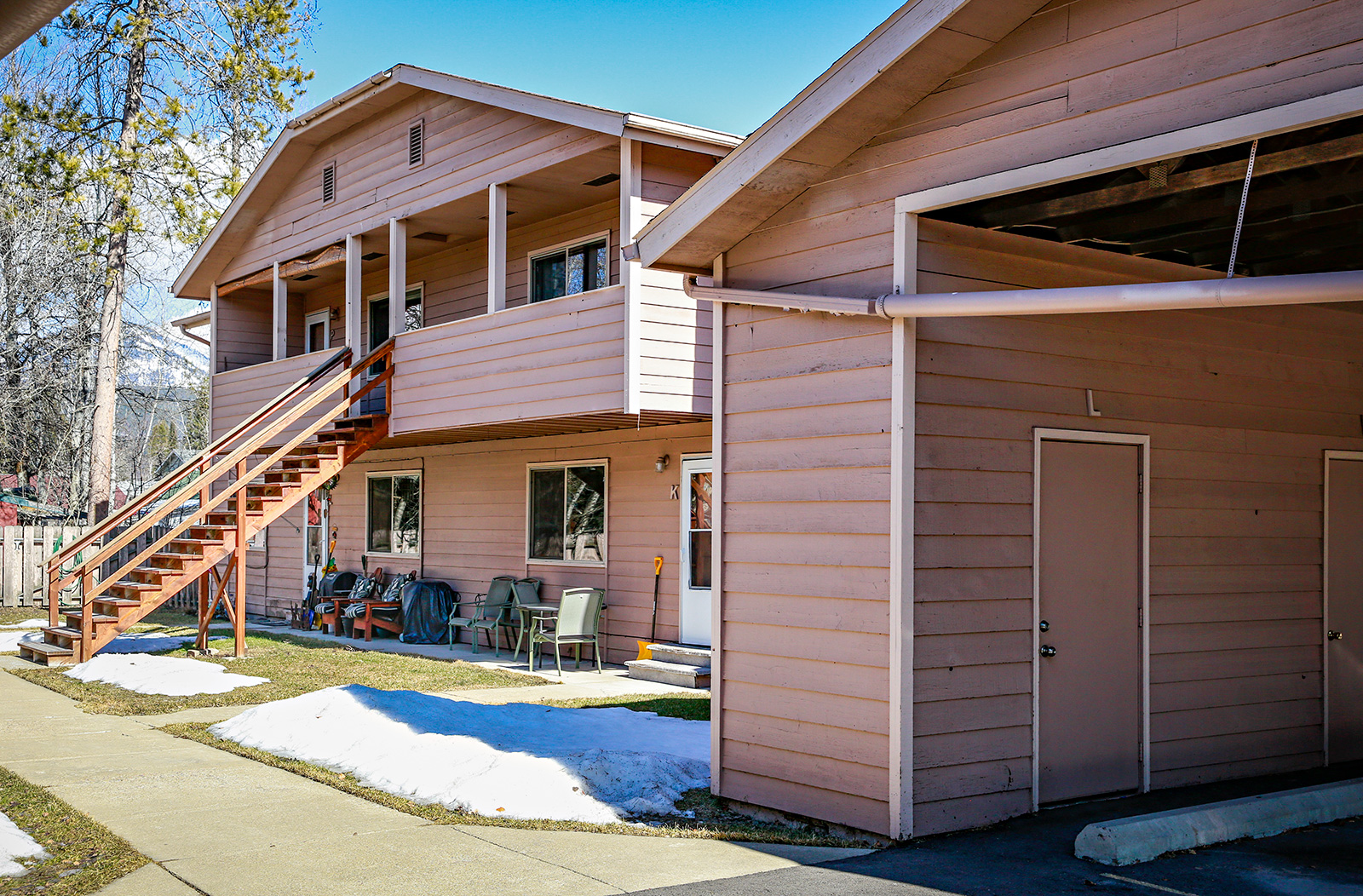Fundraising for Workforce Housing
The Whitefish Housing Authority and a new nonprofit called Housing Whitefish are working with public and private sectors to drive funding into workforce housing
By Maggie Dresser
Local leaders unveiled several housing projects and potential solutions at the Whitefish Workforce Housing Summit on April 13, including an $8.7 million development that will bring 22 affordable townhomes to the city.
The City of Whitefish donated the property, known as the snow lot, to the Whitefish Housing Authority in 2020, which was previously used to store snow. The nonprofit is working with developers to build almost two dozen two-bedroom, two-bathroom townhomes that would be sold for under $300,000 on Railway Street.
Funding for the project will be funneled through tax increment financing (TIF) and American Rescue Plan Act (ARPA) funds from the city, grants and other sources.
“It will be walking distance to downtown,” Whitefish Housing Authority Board Chair Addie Brown-Testa said. “(It’s) affordable and it’s going to be a great project.
After completing the first phase of the 36-unit Alpenglow Apartments on Edgewood Drive, which has 100 people on the waitlist, the housing authority is moving forward with the second phase. The 19-unit development is a collaboration with private and public partners and the project is still in need of additional funds.
To tackle more housing developments a new nonprofit called Housing Whitefish was established this year, which is an arm of the Whitefish Housing Authority.
While Housing Whitefish is associated with the housing authority, it is a separate entity with a separate board and it is working to hire an executive director. The Whitefish Convention and Visitors Bureau recently donated $75,000 to the organization for a grant writer.
Unlike the Whitefish Housing Authority, the new nonprofit accepts private donations while giving donors tax benefits. Donors can also give funds to Housing Whitefish to be funneled into housing authority projects while still receiving tax benefits.
“With the housing crisis all over the state and because our community has grown into a place with a lot of people willing to donate, we decided to develop a funding and development arm,” Brown-Testa, who serves on both Whitefish Housing Authority and Housing Whitefish boards, told the Beacon.
Working closely with the Whitefish Community Foundation and the chamber of commerce, Housing Whitefish is heavily focused on fundraising for affordable housing developments.
“Housing Whitefish is here to be the funding arm and the development arm,” Board Chair Katie Williams said. “We’re here to work with the public and private (sectors) to look for sources for land and ideas that help us continue to champion affordable workforce housing.”
Williams says the nonprofit is working to secure a city-owned 8-acre property on Monegan Road, which the city could potentially donate if it’s approved by the planning board and city council.
Donors have already provided some funding for the project, which would be a 100-unit development intended for renters.
“The idea would be to fundraise this 100% so that rents would then be a long-term sustainable funding source for Housing Whitefish to then go out and champion other workforce housing projects,” Williams said.
Williams says the board at Housing Whitefish hopes to build diverse housing that addresses the different needs of the city, and their goal is also to maintain “community character.”
“Community, character and growth are probably the three biggest trigger words that you will find when you see any housing development come in front of you in Whitefish,” Williams said. “We love our community and we love our small town feel but we have to find a compromise in terms of how we can actually meet our growth goals and our housing goals and our long term sustainable employment goals.”
“I just hope that our community can come together and recognize the role of these two entities and bring affordable community housing,” Brown-Testa added.